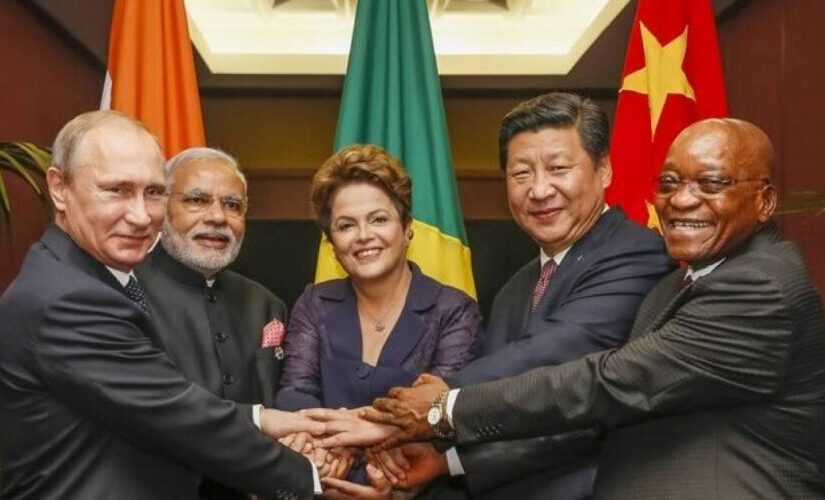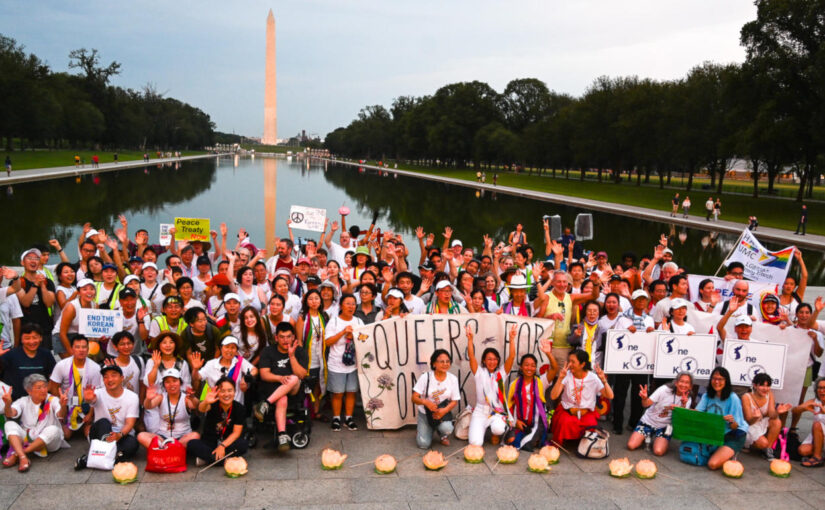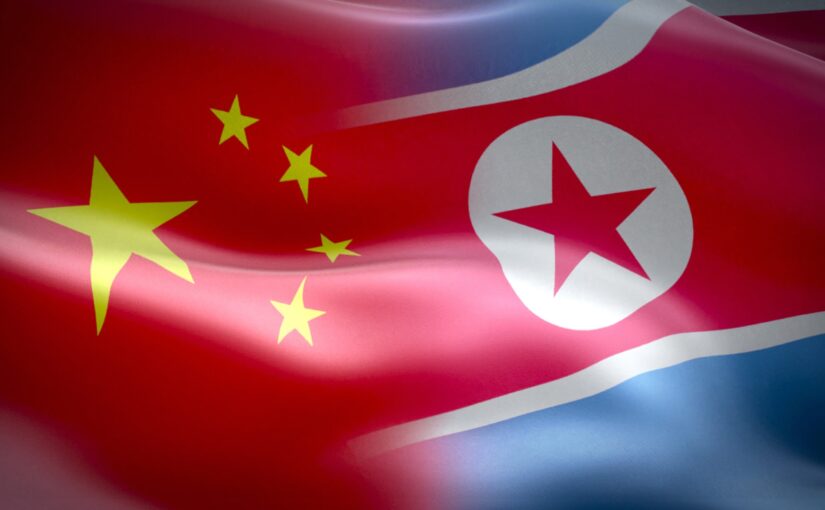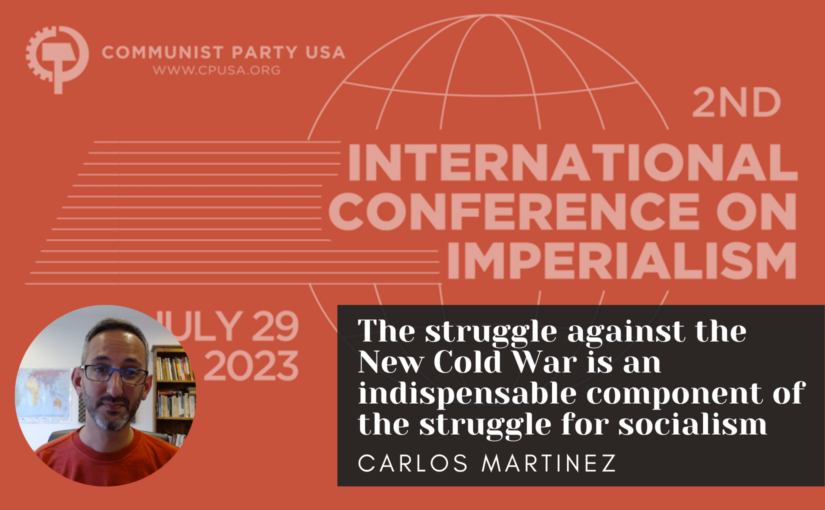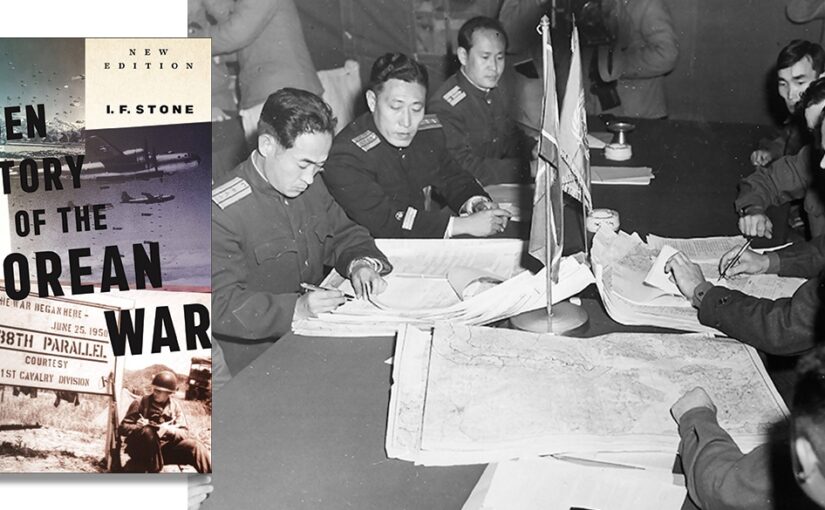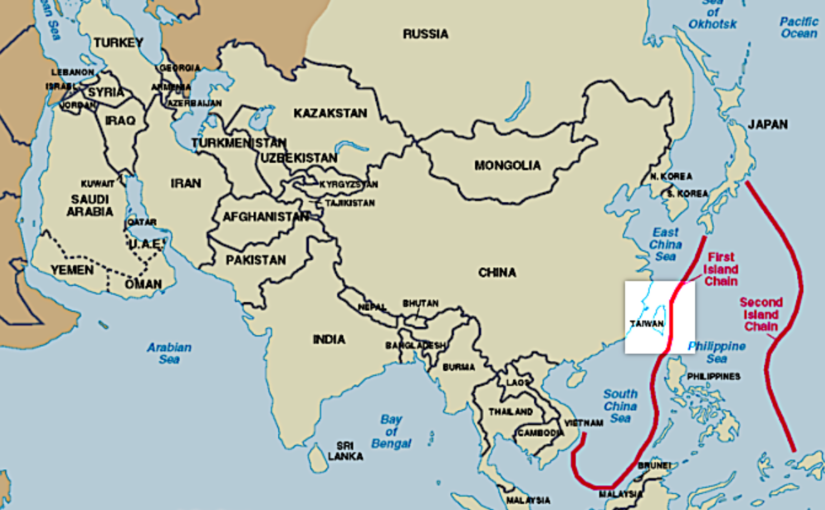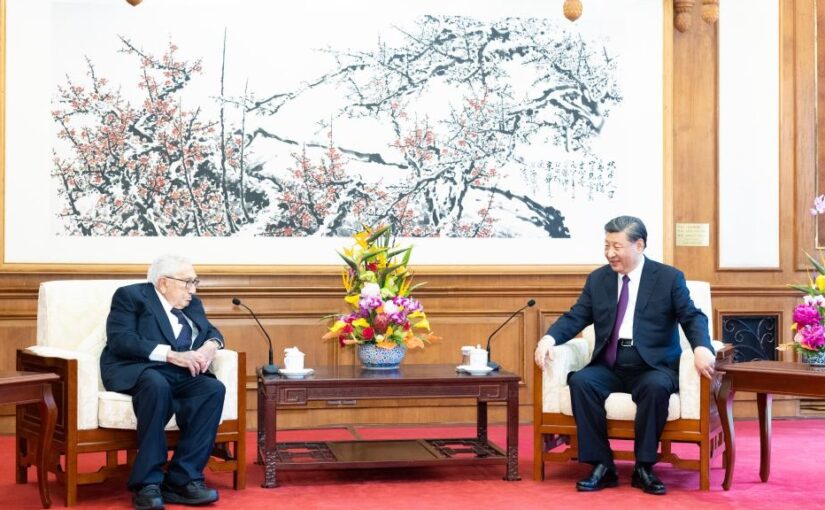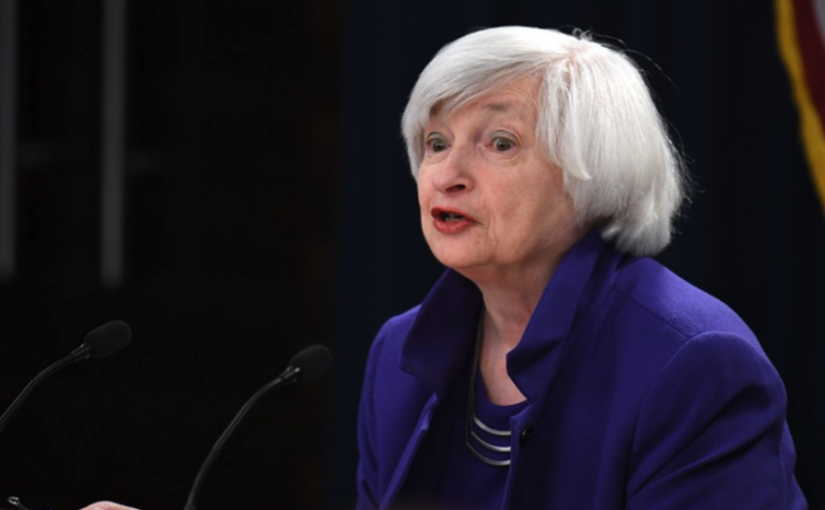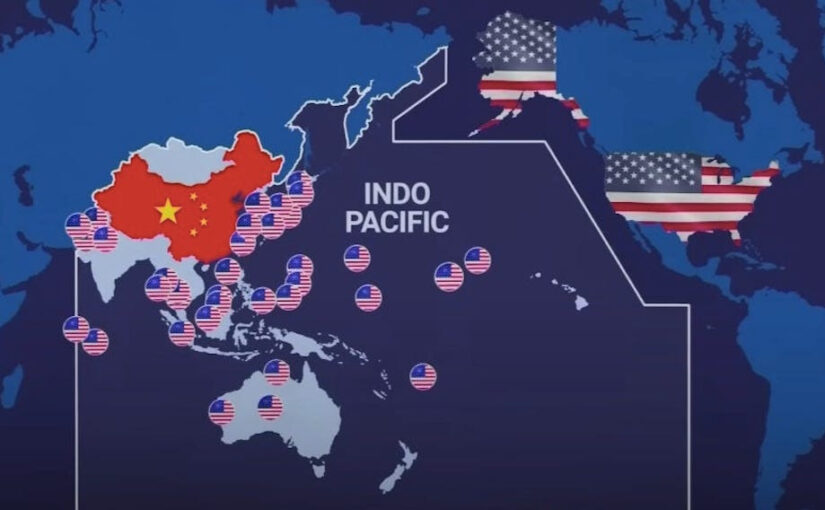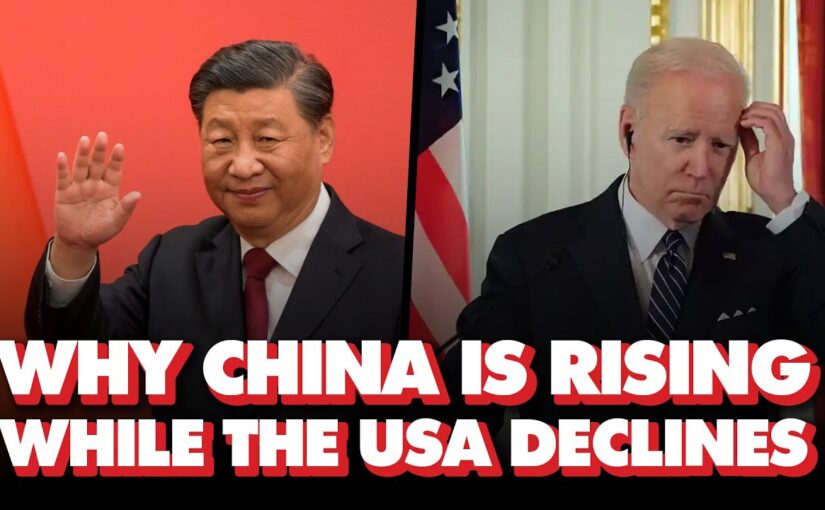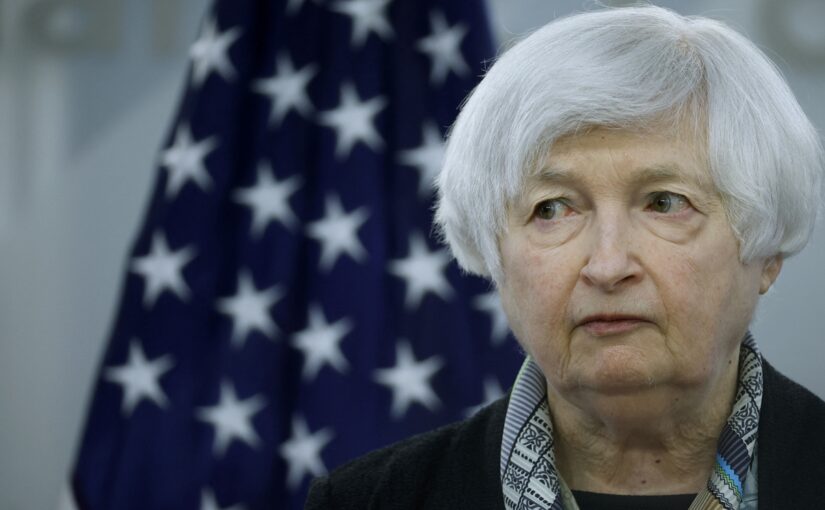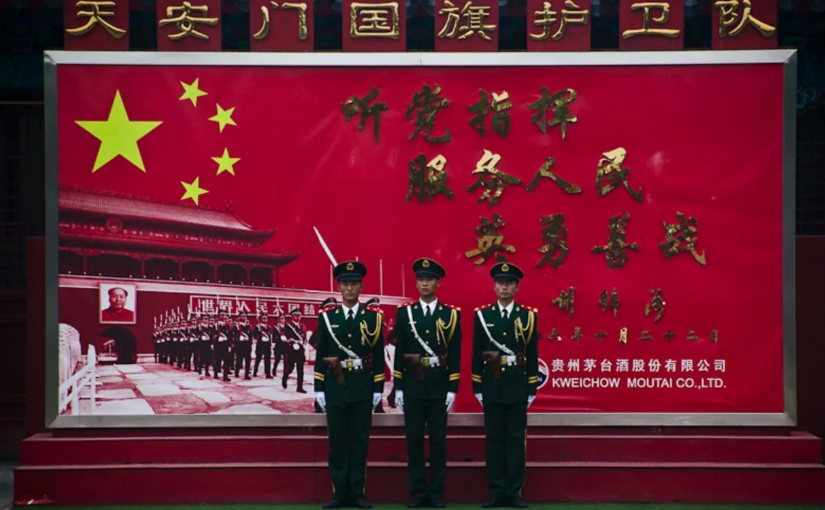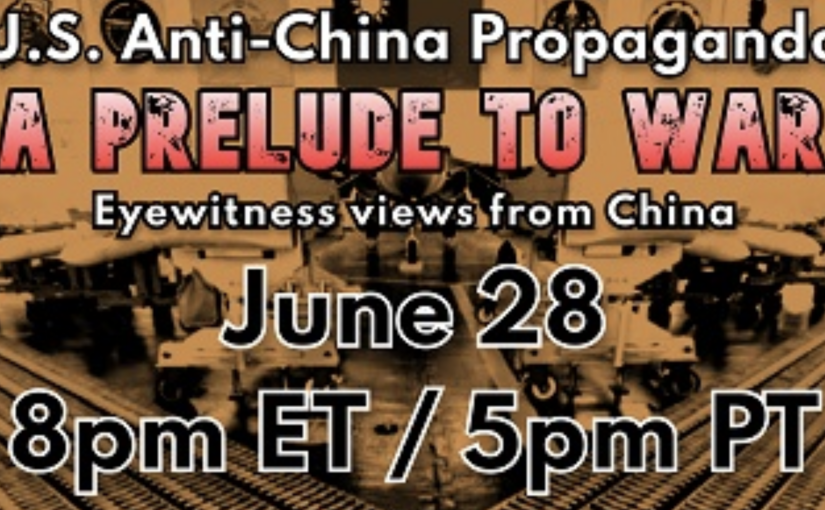In this review, first published in Workers World, John Catalinotto commends Carlos Martinez’s recently-released The East is Still Red as a valuable contribution to the discussion among Marxists regarding the class character of the People’s Republic of China. John considers that the book “arms anti-imperialists with the truth” about China, and convincingly argues the need for those in the West to resolutely struggle against the calamitous US-led New Cold War.
The East is Still Red can be purchased in paperback and digital formats from Praxis Press.
With his recently published book, “The East Is Still Red,” Carlos Martinez has clarified the role of the Chinese revolution in improving the lives of a fifth of humanity. The book is a contribution to the discussion among Marxists regarding the class character of the People’s Republic of China.
As the title implies, Martinez argues that the PRC is still socialist and that anti-imperialists worldwide should defend People’s China against U.S. and world imperialism.
The book’s six chapters are based on articles published in 2021 and 2022, organized into a succinct and well-sourced presentation of Martinez’s arguments.
Martinez shows the achievements of People’s China in the chapters, “China’s long war on poverty” and “China is building an ecological civilisation.” If it were just a problem of presenting facts, he would win by a landslide. His challenge is overcoming imperialism’s domination of the worldwide media and miseducation, aka, the Big Lie.
For example, Martinez quotes from international agencies to point out that China’s recent economic growth has moved hundreds of millions of people out of poverty into a stable and secure life: “To eradicate extreme poverty in a developing country of 1.4 billion people — which at the time of the founding of the People’s Republic of China in 1949 was one of the poorest countries in the world, characterized by widespread malnutrition, illiteracy, foreign domination and technological backwardness — is without doubt ‘the greatest anti-poverty achievement in history,’ in the words of United Nations Secretary General António Guterres.” (un.org/press/en/2019/sgsm19779.doc.htm)
This should convince anyone. However, imperialism’s Big Lie condemns everything in China, twisting reality into its opposite and imposing a distorted version of the world. This skews perception among much of the population in the imperialist heartlands of North America, Europe, Japan and Australia.
In the chapter, “Manufacturing consent for the containment and encirclement of China,” the author describes how mind-bending weapons of the imperialist ruling class have waged a relentless ideological assault on People’s China, in preparation for war.
What makes the book important is that it arms anti-imperialists with the truth. They can learn from it and repeat this truth to all who will pay attention. This process is a first step to building solidarity with People’s China at a time when the U.S. government wages an economic war and sails warships near the Chinese coast.
Is China socialist?
The big question for those who consider themselves to be on the side of socialist revolution is: What is the class character of People’s China?
Martinez notes that, “[F]or many on the left (particularly in the West), 1978 marked a turning point in the wrong direction — away from socialism, away from the cause of the working class and peasantry. The introduction of private profit, the decollectivization of agriculture, the appearance of multinational companies and the rise of Western influence: these added up to a historic betrayal and an end to the Chinese Revolution [this part of the left argues].
“The consensus view within the Communist Party of China is that socialism with Chinese characteristics is a strategy aimed at strengthening socialism, improving the lives of the Chinese people, and consolidating China’s sovereignty.”
Martinez agrees with the CPC’s consensus. He spends a good part of the book presenting the Chinese experience since 1978. Nearly 100 million party members are defending socialist property rights, even though a capitalist class has grown — it includes billionaires — and great inequalities in wealth exist. Imperialist corporations are exploiting Chinese labor. The CPC’s success in continually improving the daily lives of all China’s inhabitants, he argues, has cemented the working class’s loyalty to the Beijing government and to the CPC.
That China’s economy has weathered the 2008 capitalist crisis that brought capitalist finance to the brink of collapse is proof that the billionaires are not driving decisions, even though they were allowed to join the CPC. The party stayed in control and built “socialism with Chinese characteristics.”
That China came through the COVID-19 challenge, began a shift toward defending the environment and was able to plan industrial development instead of letting the hunt for profit distort its growth are themselves proof of this success.
In the chapter, “Will China suffer the same fate as the Soviet Union?” Martinez presents in a positive light the CPC’s position of strength, and does it well. One point Workers World disagrees with, however, is attributing the Soviet failure to individual Soviet misleaders, Mikhail Gorbachev and Boris Yeltsin. These two were representatives of broad sectors within the Communist Party of the Soviet Union and their decisions reflected a long process of deterioration of the CPSU, under relentless pressure from the world capitalist class. This point will require further analysis.
An important question worthy of further discussion is the possible consequence of limiting mass mobilizations in the long struggle for communist ideals — such as “from each according to their ability, to each according to their needs.” If sacrifices are necessary to defend the socialist state with Chinese characteristics, for example, from imperialist attack, how does the party fire up ideological commitment from its population without this mobilization? How will the CPC mobilize international support from the masses without an appeal to egalitarian ideals?
Defend People’s China
Martinez convinces the reader in the chapter, “The left must resolutely oppose the U.S.-led New Cold War on China,” of the necessity of this task. In doing this, he performs a service to the worldwide movement for socialism.
